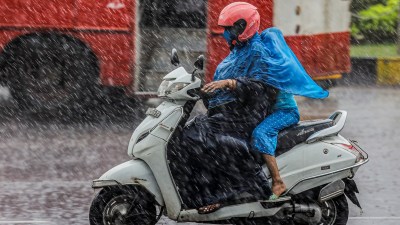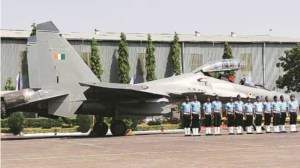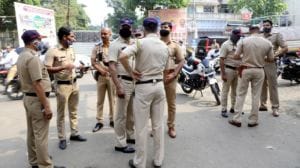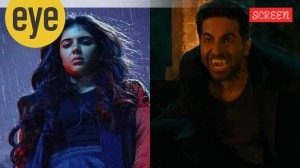Why We Read What We Do
Grantas list of the best 20 young British writers has some fine answers,in these unreaderly times
Grantas list of the best 20 young British writers has some fine answers,in these unreaderly times
The Granta quarterlys line-up,every decade,of the best 20 young British writers has a proud back story. Its first such list,Granta 7 in 1983,bestowed the honour on,among yet others,Salman Rushdie,Martin Amis,Julian Barnes,Ian McEwan,Kazuo Ishiguro,William Boyd and Graham Swift. These seven men in particular went on to adapt the novel form in ways that would now nominate them as the best practitioners of their craft along any criteria youd care to choose. Consequently,Grantas subsequent efforts to interest readers have struggled to match that opening act,and understandably so. Indeed,a decade ago,while introducing the 2003 list (Granta 81),the then editor,Ian Jack,sounded almost apologetic: There have been many comparisons with the famous list of 1983,and no doubt there will be more. They do no good at all. That was a special generation. This may be one as well. We have another 10 years to find out.
Alas,the class of 2003 did not quite match up to that of 1983,though Sarah Waters,Peter Ho Davies,Hari Kunzru and David Mitchell are writers special by any reckoning. The star of that list,Zadie Smith,continues to dazzle by doing something new with each novel. Smith deservedly makes it to the 2013 line-up too,given that she is still under 40 and continues to be a British citizen,the two key criteria for eligibility for consideration. In fact,her presence this year (Granta 123) allows us to reformat the axes along which the best are chosen,so that we focus less on profiling a generation and more on asking a question appropriate to these,in Granta editor John Freemans words,unreaderly times. What is it that we look for in a good literary novel?
Because,be sure,the list this time around is made up of many whose reputation is so well-established that to quibble is pointless. Besides Zadie Smith,there are Kamila Shamsie,Tahmima Anam,Adam Foulds,Sarah Hall,Xiaolu Guo,Benjamin Markovits and Helen Oyeyemi. Most of those included have not only built up a substantial body of work,but have also had their resumes adorned with prestigious awards and nominations. Shamsie,for instance,has in the course of five spectacular novels,already evolved in her use of language and canvas,shedding in her last published novel,Burnt Shadows,her love of word-play and intimate narration for a more detached voice to widen her story across space and time. If Shamsie is arguably the best novelist today writing on Pakistan,Anams debut novel,A Golden Age (2007),marked her out as the most riveting talent out of Bangladesh,never mind the citizenship that qualifies her for inclusion in Grantas honours.
If there is the surprise of discovery,it has to be Sunjeev Sahota. Born in 1981,he is only a novel old,but Arrivals an excerpt from a forthcoming novel,The Year of Runaways is the standout piece in this volume. It carries intimation of a storyteller able to get under the skin of his characters,in this case immigrants with dodgy paperwork trying to make good in Britain,so that we see the world entirely afresh through their experiences.
However,for the most part,to read fragments from forthcoming novels from writers we are well familiar with is not really an exercise in appraising exceptional talent. To get a proper measure of their contribution,it is at most an invitation a very welcome one at that to return to their previous novels.
More importantly,it is,as Freeman sets out the terms of debate in the introduction,a timely provocation to ask ourselves why we read what we do. Freeman,in fact,makes grand and valid claims for literary fiction: Literature exists,after all,not just for escape,but to speak truth to power,and it does so by asserting that the world as it is imagined is every bit as important as the world as it exists It changes the way people imagine,which alters how they think,and expands what they believe is possible.
So what did the judges look for? Freeman says novelist Romesh Gunesekera sought an engagement with language,a feeling for the form,writing that absorbs the reader. Literary critic Stuart Kelly asked of the text under consideration,Does this expand what it is possible for the novel to do? And Freeman himself concludes of the star cast the exercise yielded: The writers we were drawn to dazzled with narrative intelligence,but never at the expense of story. You cant argue with that.





- 01
- 02
- 03
- 04
- 05


























